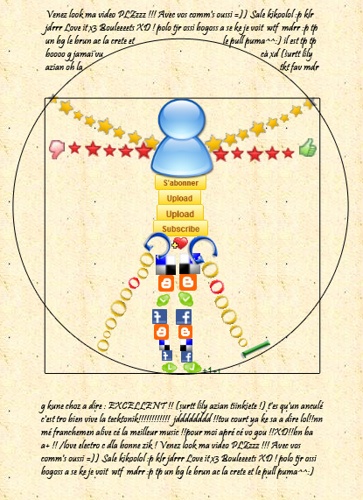The dictionary defines polimathy as the knowledge that spans across many subject areas. The origin of the word goes back to the times of the great erudite Greek philosophers in several spheres of classical learning, and more pointedly, to the prolific and multifaceted scholar Alexander Polyhistor, who earned this surname in recognition of his eminence as a polymathist.
The best known000-284 polymathist of all times was Leonardo Da Vinci; during the renaissance, the age of enlightenment, his oeuvre covered subjects right from painting to urban planning, medicine, botany, philosophy and more.
When we think of the Renaissance man, who comes to mind is Leonardo. But he wasn’t the only one, Copernicus, Galileo, Descartes, Newton, Leibniz, Franklin are found among these great geniuses. All these are recognized as such thanks to their creative innovation and capacity in more than one subject.
Emerging from the Renaissance man, the encyclopedists were the first to attempt to compile universal knowledge. It took Diderot and D’Alembert 20 years to create L’Encyclopédie in a pre-revolutionary France to place it within the reach of all who could afford it, while facing opposition from the majority of society.
Scientific and industrial advances in the 19th century and the turn of the 20st drove man to become even more specialized. There was no more capacity to take in all of the learning
1Z0-517 amassed. Educational systems became universal with a core foundation for general knowledge, while pushing those who continue to learn through specialized education oriented to the working world.
At the end of the 20th century, when the information era emerged and coalesced, the maximum level of labor specialization and information retrieval and storage was attained.
Generated information does not add value within an organization; it must be used to create, acquire and transfer knowledge. Such movement of information must enable and promote change in organizations.
We are now entering into the knowledge era, which differs from the information era in the need to confer value to all information gathered.
The players of this new era are the knowmads, nomadic knowledge workers, or people who are beyond the need for specialization, and who are capable of generating knowledge from all the available information to bring about productive change.
Is this the end of the specialist? Does the modern company have to identify the knowmads within their organization and further them?







